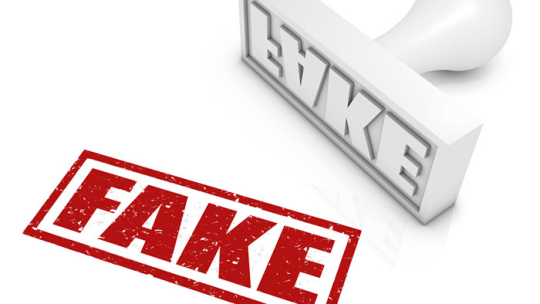

A frightening thought occurred while watching The Great Hack, the Netflix documentary about Cambridge Analytica. If you can interfere with an election by weaponizing communications, what could communications companies do with the same data capabilities?
It’s inevitable that communications firms will gain access to the ability to weaponize data in a way companies have never had. This makes a new ethical approach critical to preventing the disaster that could occur if we adopt an “anything goes” attitude. Of course, using information to guide messaging is nothing new. Processing data, such as magazine subscriptions and hunting licenses, to profile consumers has been going on for decades, as has targeting messages at people profiled to be receptive by the data collected on them.
Campaigns and Commerce
Also not new is sharing techniques between political campaigns and commerce. In fact, innovation in communication has always cycled from the business world to politics and back again. In the 1960s, journalists seemed shocked that politicians were hiring ad firms to sell them “like soap,” and the “I’m a Mac”/”I’m a PC” campaign was just a clever execution of political attack ads.
And influence operations, or “the collection of tactical information about an adversary as well as the dissemination of propaganda in pursuit of a competitive advantage over an opponent,” has long been a staple of state warcraft, according to Senate testimony offered in 2017 by Rand Waltzman of the RAND Corporation. It’s hardly unusual, though generally unwelcome if not illegal, for one country to covertly influence another country’s elections.
More Ability to Disrupt
What is new isn’t just that Russia and others have used technology to weaponize these methods in an effort to destabilize western democracies — it’s that now all of these tools are also available to communications companies.
Psychologically profiling consumers to get them to buy products is child’s play. The data is more nuanced and easier to obtain. Now, thanks to state actors’ weaponization of communications, communicators conceivably could destabilize a competitor or do so on behalf of a brand or a client.
The New Reality
This is not speculative, futuristic talk about jetpacks (though they’re real now, too). Russian-style information operations have crossed over into marketing communications.
In a recent exposé, Quartz reported how IDEIA, a communications company weaponizing data as Cambridge Analytica did, isn’t only helping political parties on several continents but also three multinational banks.
For those who know how to collect data and deploy it in communications, this isn’t just inevitable, but easy.
A New Ethical Framework
That’s why it is time for an ethical approach to psychological profiling in strategic communications. This technology gives our industry the ability to act amorally and with dark purposes. Without a strong and explicit ethics code, the communications industry would fail society at the exact moment we are expected to help brands engage with the vital issues of the day.
This would be a radical departure from the current paradigm in which western democracies and markets are unable to restrict the bad actors, which have been foreign states.
Now, when we talk about stopping the deliberate spread of disinformation, we focus on the platforms where it is shared. Similarly, concerned parties discuss attempts to increase the media literacy of the public that is unknowingly sharing the misinformation.
Holistic Approach
Recently, leaders of some 200 publicly held companies signed an agreement pledging to be more holistic in the way they conduct business [see PRNEWS, September 2019, p. 9]. This pledge increases the need to protect ourselves from new methods for mass defamation. Adopting a mindset that takes into account the well-being of customers, workers, suppliers, and the environment is a new ethical framework all on its own. Preventing the weaponization of communications fits easily onto that framework.
To be sure, prior restraint of speech is forbidden in many western democracies. In addition, weaponized communication enjoys greater latitude in politics than in commerce, where libel and slander laws still apply. Those laws should be updated to account for these new technological realities. Whistleblower protections should be strengthened.
Regulation and Penalties
Smart regulations should be considered, and penalties should be scaled to the size of the potential damage. But regardless of what others do, we need to regulate ourselves. We best know the value we bring to companies and clients and what must be preserved.
Like any weapon, the new capabilities that metadata offers marketing communications are formidable and potentially useful. They also are certainly dangerous. With greater power comes greater responsibility, as the saying goes. It is up to us to meet this moment with a new ethical framework. We must prevent bad actors from doing damage with weaponized communications.
CONTACT: [email protected] [email protected]
